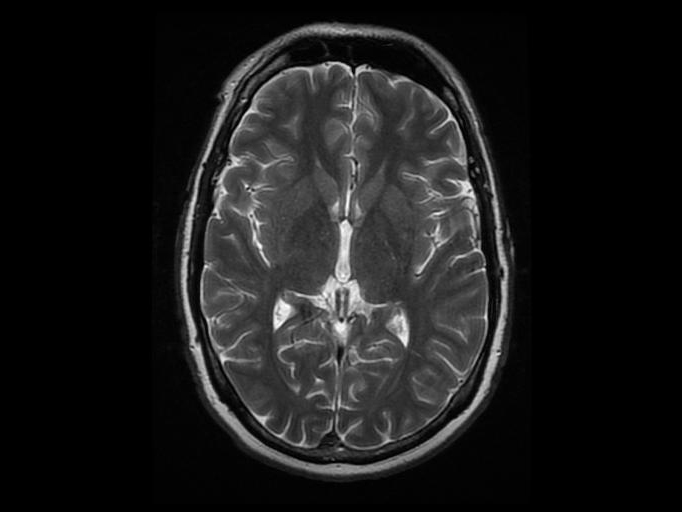

Becoming a parent is a life-altering experience. It’s also a mind-altering experience, according to new research—literally. Brain scans of new moms showed that the areas involved in processing social information got re-wired after their first pregnancy, and those changes lasted for at least two years. The changes may help new moms bond with and take care of their babies.
The findings, published Monday in Nature Neuroscience, provide the first evidence that pregnancy causes long-term changes in the human brain. But they’re not altogether surprising. Puberty (which, like pregnancy, involves raging hormones) is known to reorganize adolescent brains.
Change can be good
Postdoctoral researcher Elseline Hoekzema and her colleagues at the Universitat Autònoma de Barcelona compared the MRI scans of 25 women before and after their first pregnancies.
They discovered the moms’ gray matter volume was reduced in a few areas. (Gray matter consists of uninsulated neurons that process information, and the cells that support them.) Neither first-time fathers nor men and women who never had children experienced brain changes during the study, so the researchers think it’s the pregnancy itself that causes the rewiring.
The brain regions that changed in first-time mothers are involved in understanding the thoughts, emotions, desires, and motivations of others.
And although having a lower volume of gray matter in those areas might sound like a bad thing, it’s not—Hoekzema thinks it might mean the pathways there are getting fine-tuned into a specialized and more efficient network.
Changes in those brain areas may help the new mom to recognize what her infant needs, to form a healthy mother-infant bond, and for the baby to grow up emotionally healthy.
Indeed, the changes and the mothers’ bonds to their babies seem to be linked. Seeing photos of their babies activated many of the same areas that changed during pregnancy.
The researchers followed up on the study participants two years after giving birth, and found the changes still held.
“I would suspect that the changes may be permanent,” says Hoekzema, “but this is pure speculation at this point.”
“Pregnancy brain”?
During pregnancy, many women report feeling forgetful or less mentally sharp. Hoekzema and her colleagues tested women’s memory before and after pregnancy and didn’t notice any changes. However, they didn’t measure those things during pregnancy, so their study doesn’t actually support or refute the common notion of “pregnancy brain”.
New questions
Hoekzema and her colleagues have a lot of questions that they hope to answer next. What happens when a woman gets pregnant a second time? Do the structural changes lead to changes in brain activity and performance? And could they possibly be used to predict postpartum depression?
“This study has opened up a complete new line of investigation, and I imagine we will be studying this for many years to come,” says Hoekzema, who was actually pregnant with her first child while analyzing the data, and is now pregnant with her second child.
“I have to say honestly that at first I was a little intimidated by these changes,” she says. “However, having actually experienced this once, I indeed have the impression that pregnancy and motherhood has changed me, but in subtle ways. I am still me, but a bit of a different version.”
